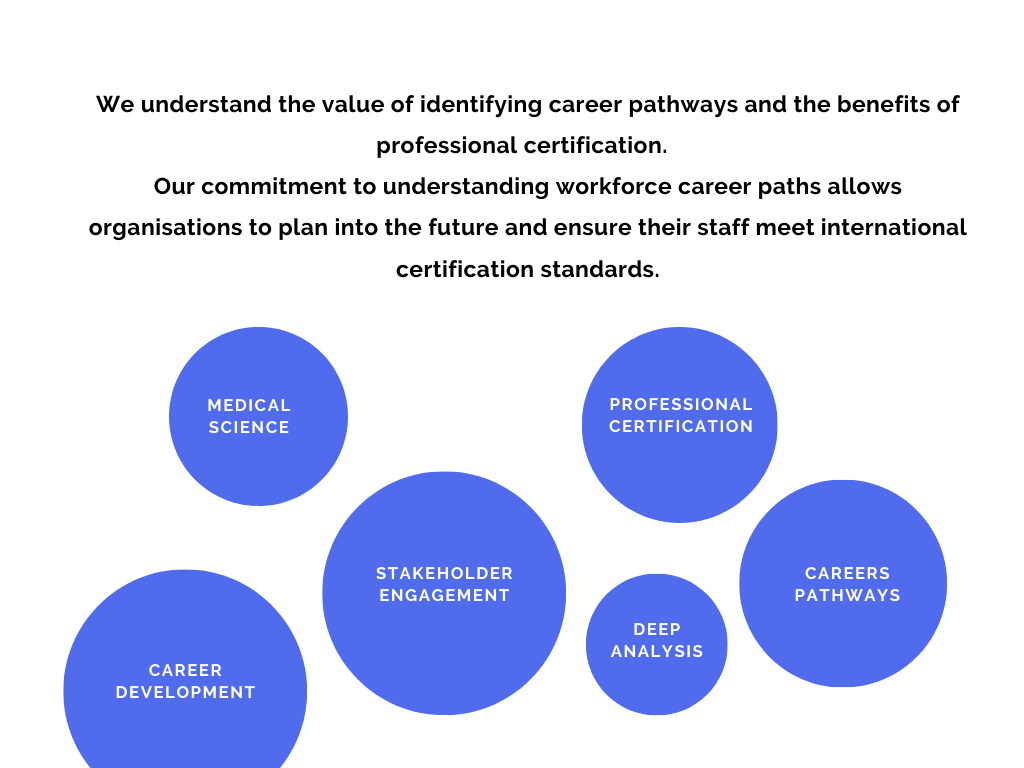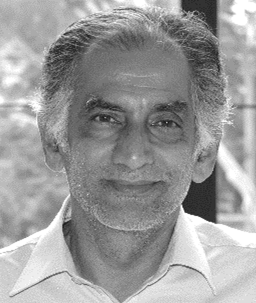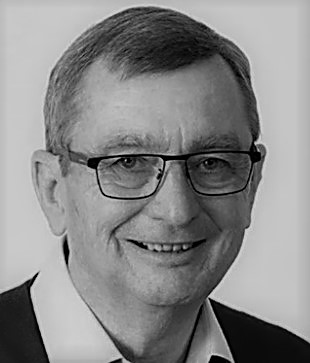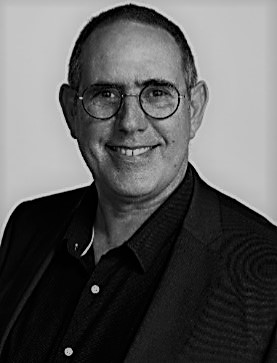
We have worked extensively with the medical science workforce to define career pathways and create a certification scheme for the workforce to plan into the future.
Our projects involved large scale stakeholder engagement to ensure that every opportunity is identified, and every gap is closed to help the industry manage their workforce into the future.
Medical Laboratory Science Career Pathway
We were engaged by the Commonwealth Department of Health and Aging in 2009/10 to explore the current and potential future career pathways for the medical science workforce professionals who work alongside medical specialist pathologists in Australian laboratories.
Our wide-ranging national consultation process and workshops with relevant professional associations resulted in a deep analysis of the workforce and the mapping of a possible career pathway. This comprehensive pathway identified flexible entry points and increased opportunities for stepwise competency and career development over the course of a professional life.
Best Practice Pathology Collection
This project, also funded by the Department of Health, followed on soon after the careers pathway project. We looked more specifically at the role, functions and training requirements of the crucial workforce at the lower end of the career path.
The aim of the project was to research, investigate, analyse and provide insight into current national and international best practice in pathology specimen collection with a particular focus on phlebotomy-blood collection.
We identified a core set of minimum competencies and possible performance measures appropriate in the Australian health care setting to ensure the relevant safety risks were minimised and consumer satisfaction optimised. We recommended training and ongoing proficiency maintenance strategies that are still in place in Australia.
Certification of the Medical Laboratory Science Profession
Our work with the Australian Institute for Medical Scientists (AIMS), in partnership with Australasian Association for Clinical Biochemists (AACB) led to the creation of a professional certification scheme for non-medical workforce in medical laboratories.
Our work brought to reality an idea for certification had been discussed for 2 decades without resolution.
We led an inclusive and evidence-based process involving representatives from 15 separate organisations.
We first produced a discussion paper outlining the theory and best practice elements of professional certification processes. This included international representations from other professions and medical science workforce and provided the initial workshop of what was required and acceptable for the Australian Medical Science workforce. We used modern workshop technology to identify areas of agreement and contention, and areas that required more in-depth exploration.
Our next phase was the preparation of a position paper commencing the process towards definition of how an Australian scheme might operate. We explored draft positions of the detail using core agreed elements through workshops and conferences and through a process of reflection within individual organisational memberships.
Finally, we moved into implementation and planning where we gained agreement from all 12 professional associations.
Our implementation plan for the scheme and draft Constitution for the company now forms the basis for the governing structure of the Australian Council for the Certification of the Medical Laboratory Scientific Workforce which was formally registered in 2020.
This project was a major achievement for us.
Through sensitive and inclusive stakeholder engagement coupled with our unique methodologies, we were able to provide a long overdue professional certification to a highly skilled and complex workforce. We brought it into alignment with other key health professionals in Australia and into alignment with the workforce’s international counterparts.
The Medical Sciences Team

Bin Jalaludin
Professor Jalaludin is a health physician, epidemiologist and biostatistician. He has substantial experience in air pollution epidemiology and is the Chief Investigator in the Centre for Air Pollution, Energy and Health Research .

Tony Badrick
Tony is the CEO of the Royal College of Pathologists of Australasia Quality Assurance Programs, adjunct professor in the School of Pharmacy and Pharmacology, Griffith University, Honorary Associate Professor, National Centre for Epidemiology and Public Health ANU College of Health and Medicine and ANU College of Science, Honorary Associate Professor, Faculty of Medicine, Bond University, Gold Coast, Visiting Fellow, Australian Institute for Health Innovation, Macquarie University.

David Muscatello
As an epidemiologist, David has 17 years’ experience in operational epidemiology and public health surveillance at NSW Health and 7 years’ as an academic teaching and conducting research on infectious disease epidemiology and control at the School of Population Health, University of NSW. He is one of the School’s post-graduate coordinators for higher degree research candidates, and is on the editorial board of the international journal BMC Public Health. His PhD on seasonal and pandemic influenza grew out of his surveillance role in the 2009 swine flu pandemic.

